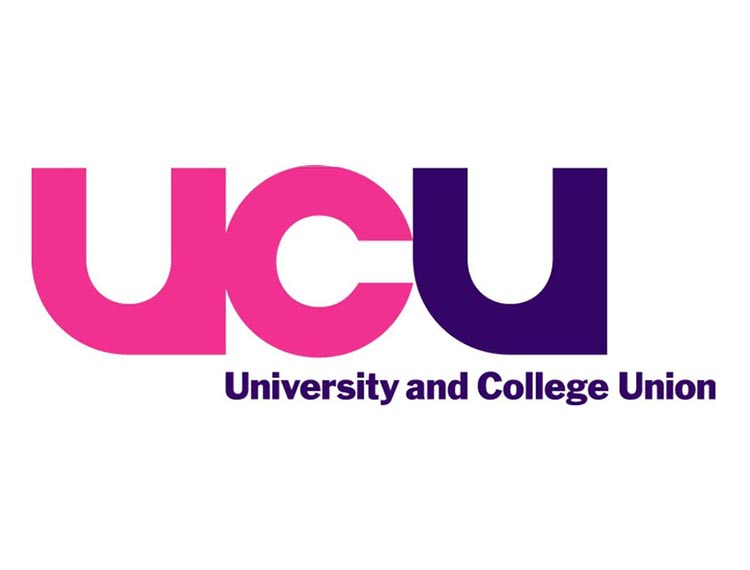University axing unconditional offers demonstrates need for system overhaul

St Mary’s University in London will no longer offer unconditional university places saying students with a guaranteed place didn’t achieve the grades they were predicted.
The University and College Union (UCU) said the news should prompt a complete overhaul of the system of university applications. The union wants to see the UK join the rest of the world and switch to a system where students are offered university places after they receive their results.
UCU said the current system of predicted grades encouraged the use of controversial unconditional offers, which critics including universities minister Sam Gyimah have said make a mockery of exams and put students under enormous pressure to make snap decisions about their future.
There has been a huge increase in unconditional offers in recent years. Almost a quarter of students applying to university received at least one unconditional offer in 2018, compared to just 1% five years ago, according to new analysis. Yet as few as one in six (16%) A-level grades are predicted correctly.
Earlier this year the University of Chichester also ditched unconditional offers, citing research from the admissions service Ucas that showed applicants holding unconditional offers were 23% more likely to fall short on predicted A-level grades than their peers with conditional offers.
UCU head of policy and campaigns Matt Waddup said:
‘The decision by St Mary’s demonstrates the desperate need to overhaul our failing admissions system. We are alone in the world in persisting with a system where students are offered university places based on highly inaccurate predicted grades.
‘Unconditional offers have made a mockery of exams and led to inflated grade predictions, while putting students under enormous pressure to make a snap decision about their future. The simplest and fairest way to deal with these problems is for us to adopt a system of post-qualification admissions, where offers are based on actual achievement rather than estimated potential.’











Responses